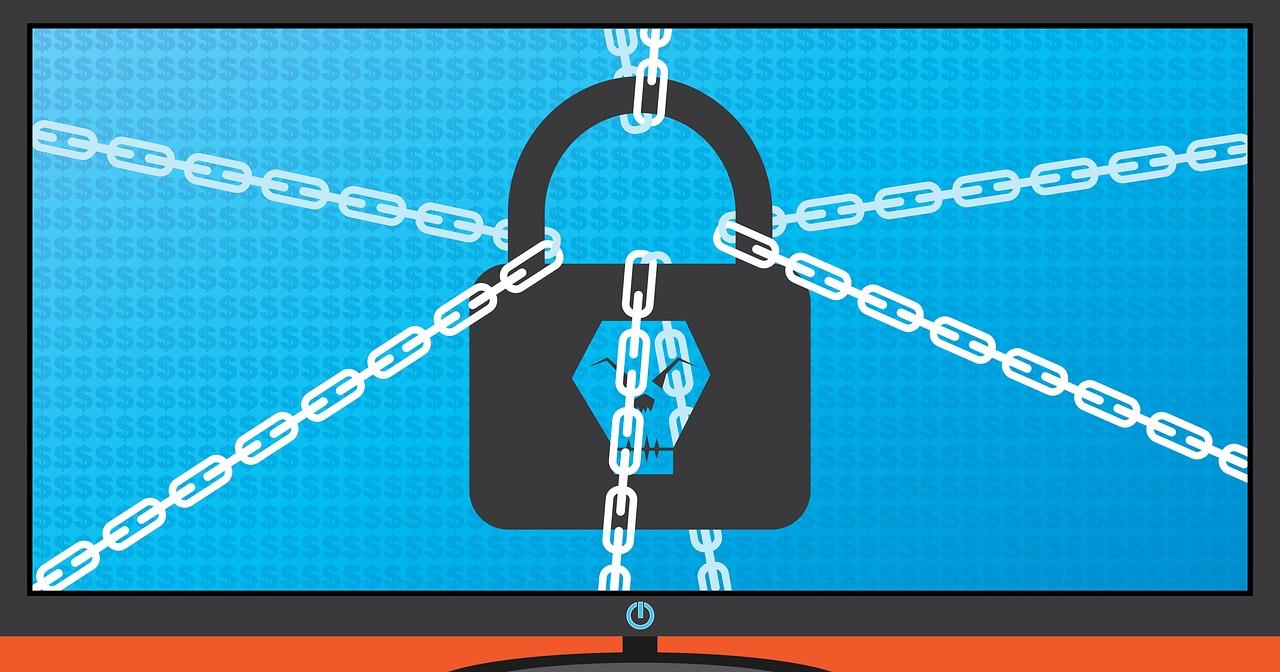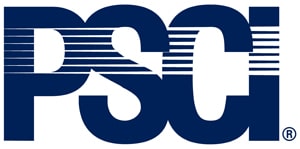We’ve talked about the value of certifications in the past, but their importance cannot be overstated.
Especially when it comes to cybersecurity certifications.
In a survey conducted by (ISC)², the world’s leading member association for cybersecurity professionals, they found that not only were the majority of cybersecurity professionals (70%) required to have a certification by their employers but that the certifications also boosted their salaries by an average of $18k!
Possessing the right certification can also make cybersecurity professionals more attractive to both recruiters and hiring managers.
So, in honor of October being Cybersecurity Awareness Month, this post is being devoted to 10 of the most popular cybersecurity certifications being sought by employers in 2023.
The Most In-Demand Cybersecurity Certifications
Certified Information Systems Security Professional (CISSP)
The CISSP is a globally recognized, vendor-neutral certification that validates a professional’s knowledge and skills in designing, implementing, and managing cybersecurity programs.
It is one of the most respected and sought-after certifications in the industry and is required for many senior-level cybersecurity positions.
Certified Information Systems Auditor (CISA)
The CISA is another globally recognized, vendor-neutral certification that focuses on information security auditing. It validates cybersecurity professional’s knowledge and skills in assessing, controlling, monitoring, reporting, and consulting on IT and business systems control risks.
The CISA is a valuable certification for cybersecurity professionals who want to advance their careers in auditing, compliance, and risk management.
Certified Information Security Manager (CISM)
The CISM is an advanced certification, offered by ISACA, which indicates that an individual possesses the knowledge and experience required to develop and manage an enterprise information security program.
It is a good choice for cybersecurity professionals who want to advance their careers into management positions, such as IT Manager, Information Systems Security Officer, and Data Governance Manager.
The CompTIA Security+ certification is a popular entry-level certification for cybersecurity professionals and is a good foundation for more advanced certifications.
This certification validates a professional’s knowledge and skills in core security functions, such as cyber threat detection, risk mitigation, access management, and cloud environments.
Certified Ethical Hacker (CEH)
The CEH is the world’s top-ranked ethical hacking certification and validates knowledge and skills in penetration testing and ethical hacking.
It’s a sought-after certification for cybersecurity professionals who want to work in penetration testing, security research, or threat intelligence.
GIAC Security Essentials Certification (GSEC)
This certification from the Global Information Assurance Certification (GIAC) is an entry-level security certification for those who have some background in IT and who wish to move into cybersecurity.
Earning this credential validates a professional’s knowledge of information security beyond simple terminology and concepts. It demonstrates that they are qualified for hands-on IT systems roles with respect to security tasks.
Systems Security Certified Practitioner (SSCP)
The SSCP is designed for IT professionals working hands-on with an organization’s security systems or assets.
It demonstrates that the holder possesses the advanced technical skills and knowledge to implement, monitor, and administer IT infrastructure using security best practices, policies, and procedures.
CompTIA Advanced Security Practitioner (CASP+)
The CASP+ is an advanced-level cybersecurity certification for security architects and senior security engineers charged with leading and improving an enterprise’s cybersecurity readiness.
It’s designed for cybersecurity professionals who demonstrate advanced skills but want to continue working in technology as opposed to management.
GIAC Certified Incident Handler (GCIH)
The GCIH certification validates a professional’s ability to detect, respond, and resolve computer security incidents using a wide range of essential security skills.
This certification is meant for anyone working in incident response, such as Security Architects and Systems Administrators.
Offensive Security Certified Professional (OSCP)
The OSCP is an ethical hacking certification that has become one of the most sought-after certifications for penetration testers.
Holding this certification validates a professional’s knowledge of penetration methodologies by requiring the holder to successfully attack and penetrate various live machines in a safe lab environment.
Source:









